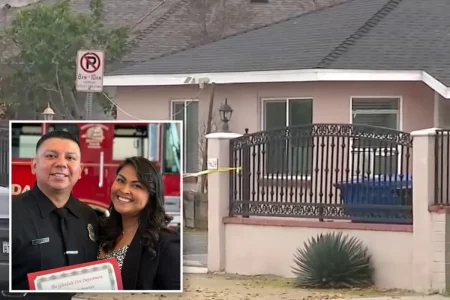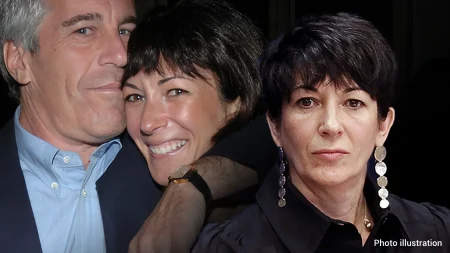The Metropolitan Opera’s Financial Recovery and Saudi Arabia Partnership
In a significant move to stabilize its finances after the pandemic, the Metropolitan Opera has struck a lucrative partnership with Saudi Arabia. The renowned New York opera company, which has withdrawn $120 million from its endowment since the COVID-19 pandemic began, has agreed to perform in the Gulf kingdom for three weeks each winter. This arrangement represents both a financial lifeline for the struggling cultural institution and marks a new chapter in the Met’s international presence.
The pandemic delivered a devastating blow to performing arts organizations worldwide, with the Met Opera experiencing particularly severe financial strain. As ticket sales plummeted during extended closures and subsequent reduced-capacity performances, the organization was forced to take the extraordinary step of withdrawing $120 million from its endowment fund – money typically preserved for long-term institutional stability. This emergency measure, while necessary for immediate survival, raised serious concerns about the Met’s long-term financial health and highlighted the vulnerability of even the most prestigious cultural institutions in times of crisis.
The Saudi Arabia deal emerges as part of a broader recovery strategy, offering substantial financial benefits that could help rebuild the Met’s depleted resources. While specific financial terms haven’t been disclosed in this summary, the arrangement is described as “lucrative,” suggesting significant compensation that could potentially offset some of the endowment withdrawals. The agreement’s structure – three weeks of performances each winter – provides a predictable annual revenue stream that allows for better financial planning while not disrupting the Met’s regular New York season. For an organization working to regain financial stability, this represents an important step toward sustainable operations.
This partnership also reflects the changing landscape of global arts patronage and Saudi Arabia’s increasing investments in Western cultural institutions. As part of its Vision 2030 plan, the kingdom has been actively seeking prestigious international partnerships to develop its cultural sector and diversify its economy beyond oil. For the Met, this represents an opportunity to expand its global footprint while accessing new funding sources. However, such arrangements inevitably raise questions about the intersection of art, commerce, and politics, particularly given Saudi Arabia’s controversial human rights record and the traditional independence of Western cultural institutions.
For the Met’s performers, staff, and artistic leadership, this agreement presents both opportunities and challenges. The chance to perform in new venues before different audiences can be artistically rewarding, while the financial benefits help secure the institution’s future. Yet international residencies require significant logistical planning, adaptation to different performance spaces, and cultural considerations. The success of this partnership will depend not only on financial outcomes but also on how effectively the Met can translate its artistic excellence to this new context while maintaining its core identity and values.
As the Met Opera navigates its post-pandemic recovery, this Saudi partnership illustrates the creative approaches cultural institutions are exploring to ensure their survival and relevance. While withdrawing from endowments represents a concerning financial strategy if continued long-term, securing alternative revenue streams through international partnerships may help rebuild these crucial financial reserves. The Met’s experience highlights both the vulnerability and resilience of major arts organizations, as they balance artistic mission with financial realities in an increasingly complex global landscape. How this particular partnership evolves may offer valuable lessons for other cultural institutions facing similar challenges in the years ahead.






